Home>Gardening & Outdoor>Landscaping Ideas>What Temperature Does Grass Seed Germinate
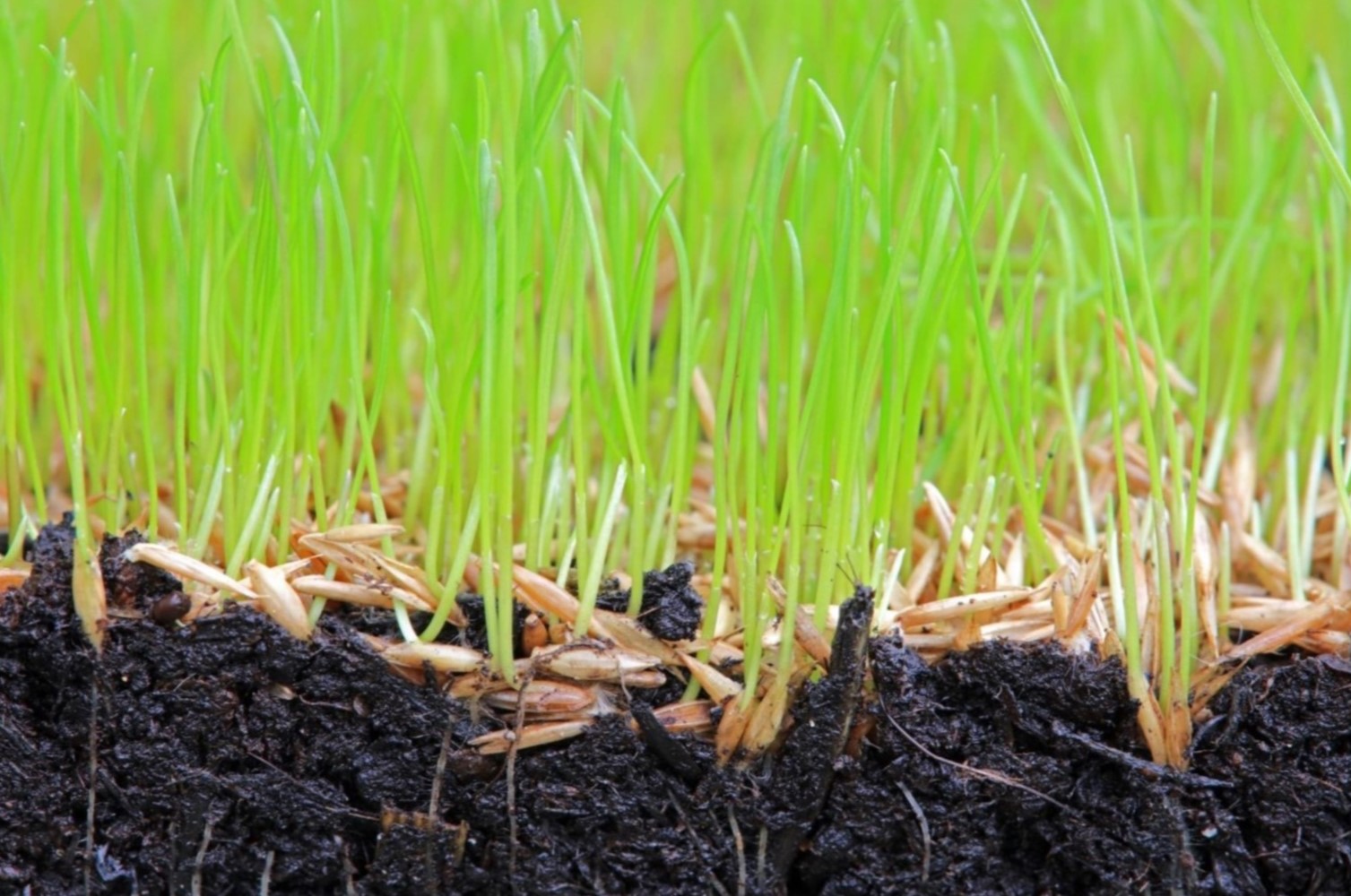

Landscaping Ideas
What Temperature Does Grass Seed Germinate
Modified: March 24, 2024
Learn the ideal germination temperature for grass seed in your landscaping ideas. Find out the best conditions for successful grass seed growth.
(Many of the links in this article redirect to a specific reviewed product. Your purchase of these products through affiliate links helps to generate commission for Storables.com, at no extra cost. Learn more)
Introduction
When it comes to creating a lush, vibrant lawn, understanding the nuances of grass seed germination is crucial. The process of germination, which marks the inception of a new plant's growth, is influenced by various factors, with temperature playing a pivotal role. In this comprehensive guide, we will delve into the intricate details of grass seed germination temperature, shedding light on the optimal conditions for fostering healthy and robust grass growth. Understanding these principles will empower you to make informed decisions and take the necessary steps to ensure the successful germination of your grass seeds. So, let's embark on this enlightening journey into the world of grass seed germination and explore the impact of temperature on this fundamental process.
Key Takeaways:
- Grass seed germination is influenced by temperature, with cool-season grasses preferring 50-65°F and warm-season grasses favoring 65-85°F for optimal growth. Understanding these temperature ranges is crucial for successful lawn establishment.
- Managing factors like water, oxygen, light, soil quality, and temperature is key to creating an environment that maximizes the likelihood of successful grass seed germination. Aligning sowing with optimal temperature ranges is essential for robust growth.
Read more: What Temperature Does Corn Germinate
Understanding Germination
Germination is a pivotal stage in the life cycle of a plant, marking the emergence of a seed from dormancy into the initial stages of growth. This intricate process unfolds as the seed absorbs water, triggering biochemical changes that culminate in the emergence of a root (radicle) and shoot (plumule). As the seed swells and metabolic activities commence, it becomes increasingly sensitive to its environment, particularly temperature.
During germination, the seed relies on its internal reserves to fuel the early stages of growth until it can establish a functional root system capable of absorbing water and nutrients from the soil. Optimal conditions, including adequate moisture, oxygen, and temperature, are essential for the successful germination of grass seeds. Temperature, in particular, plays a crucial role in influencing the speed and efficacy of germination. Understanding the intricate interplay between temperature and germination is key to fostering favorable conditions for the successful establishment of healthy grass plants.
Factors Affecting Germination
Several factors can significantly impact the germination process of grass seeds. Understanding these variables is essential for creating an environment conducive to successful germination. Here are the key factors that can influence the germination of grass seeds:
- Water: Adequate moisture is essential for initiating the germination process. Insufficient water can hinder germination, while excessive moisture may lead to fungal diseases and rot.
- Oxygen: Like all living organisms, germinating seeds require oxygen to fuel metabolic processes. Proper aeration of the soil is crucial for ensuring an adequate oxygen supply.
- Light: While some seeds require light to germinate, most grass seeds germinate in darkness. Light can inhibit the germination of light-sensitive seeds, so proper planting depth is crucial.
- Soil Quality: The composition and texture of the soil, as well as its nutrient content, can impact germination. Well-draining, fertile soil provides an ideal medium for seedling development.
- Temperature: Perhaps one of the most critical factors, temperature profoundly influences the germination process. Optimal temperature ranges can accelerate or impede germination, making it a key consideration for successful seed establishment.
By carefully managing these factors, you can create an environment that maximizes the likelihood of successful germination, setting the stage for healthy and robust grass growth.
Grass seed typically germinates best when the soil temperature is between 60-75°F (15-24°C). Use a soil thermometer to monitor the temperature before planting.
Optimal Temperature for Grass Seed Germination
Temperature exerts a profound influence on the germination of grass seeds, dictating the pace and efficacy of this critical process. Different grass species exhibit varying temperature requirements for optimal germination, making it essential to consider the specific needs of the seeds you are sowing. Generally, cool-season and warm-season grasses have distinct temperature preferences, reflecting their evolutionary adaptations to specific climatic conditions.
Cool-Season Grasses: These grasses, including varieties like Kentucky bluegrass, fescue, and ryegrass, thrive in cooler climates and exhibit optimal germination within a temperature range of 50 to 65 degrees Fahrenheit (10 to 18 degrees Celsius). These temperatures provide the ideal conditions for the swift and robust germination of cool-season grass seeds, ensuring the establishment of healthy and resilient turf.
Warm-Season Grasses: Grass species such as Bermuda grass, Zoysia grass, and Bahia grass favor warmer climates and demonstrate optimal germination within a temperature range of 65 to 85 degrees Fahrenheit (18 to 29 degrees Celsius). These temperatures promote the rapid and vigorous germination of warm-season grass seeds, facilitating the development of lush and resilient lawns in regions with hotter climates.
Understanding the specific temperature requirements of the grass species you are cultivating is crucial for optimizing germination success. By aligning the sowing of grass seeds with the appropriate seasonal temperature conditions, you can maximize the likelihood of successful germination and establish a thriving lawn that flourishes in its specific climatic niche.
It’s important to note that while these temperature ranges represent the optimal conditions for germination, fluctuations outside these ranges may still permit germination to occur, albeit at a slower pace. However, extreme temperatures, whether excessively high or low, can significantly impede or even inhibit the germination process, underscoring the critical importance of temperature management when sowing grass seeds.
Conclusion
As we conclude our exploration of the critical role of temperature in grass seed germination, it is evident that understanding and managing temperature conditions are pivotal for fostering successful seed establishment. Whether you are nurturing cool-season or warm-season grasses, aligning your sowing schedule with the optimal temperature ranges for your chosen grass species is paramount for achieving robust germination and laying the foundation for a thriving lawn.
By recognizing the interplay of various factors, including water, oxygen, light, soil quality, and temperature, you can orchestrate an environment that nurtures the germination process, setting the stage for healthy and vigorous grass growth. Moreover, adapting your approach to suit the specific requirements of the grass species you are cultivating will further enhance the likelihood of successful germination and the subsequent development of a resilient and verdant lawn.
Ultimately, the journey from sowing grass seeds to witnessing the emergence of vibrant green shoots is a testament to the intricate dance of nature, where temperature serves as a conductor orchestrating the symphony of germination. Embracing this understanding empowers you to become a steward of your lawn, harnessing the forces of nature to cultivate a landscape that flourishes with vitality and beauty.
As you embark on your grass-growing endeavors, may this knowledge guide you in creating an environment where the seeds of potential are nurtured, and the promise of lush, thriving grass becomes a vibrant reality.
Frequently Asked Questions about What Temperature Does Grass Seed Germinate
Was this page helpful?
At Storables.com, we guarantee accurate and reliable information. Our content, validated by Expert Board Contributors, is crafted following stringent Editorial Policies. We're committed to providing you with well-researched, expert-backed insights for all your informational needs.
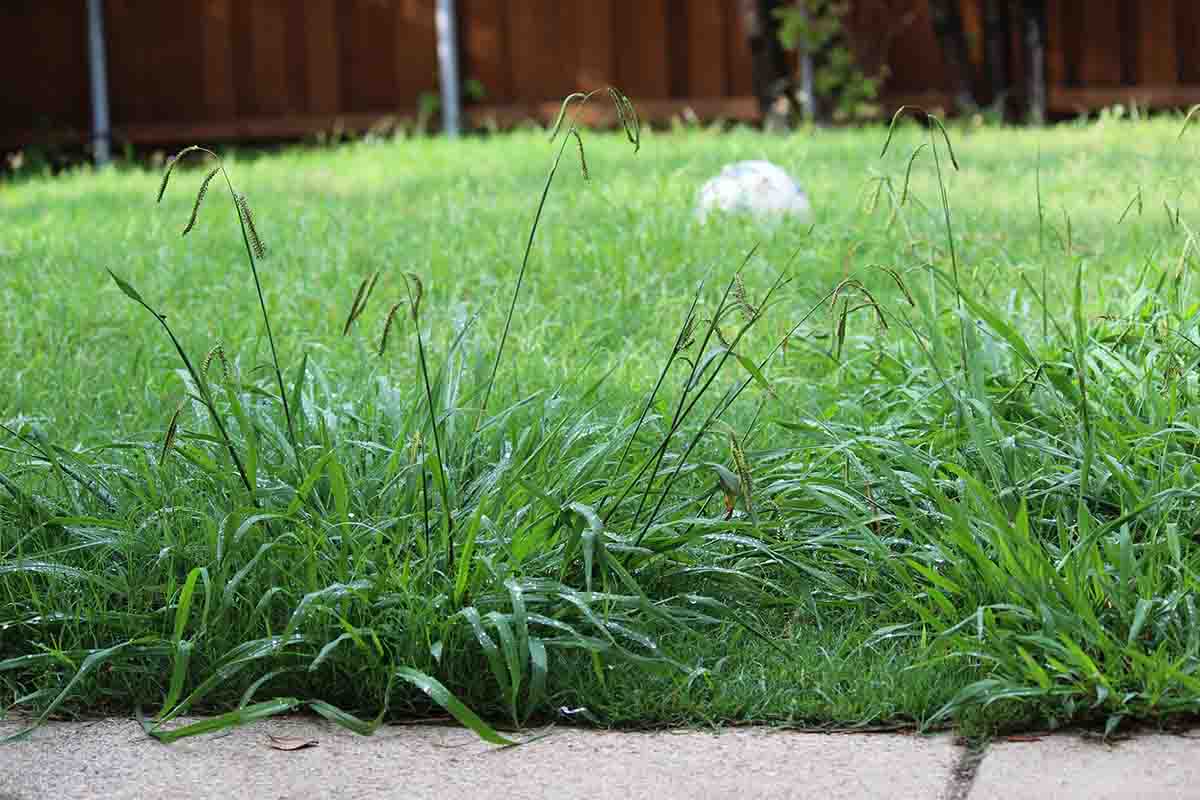
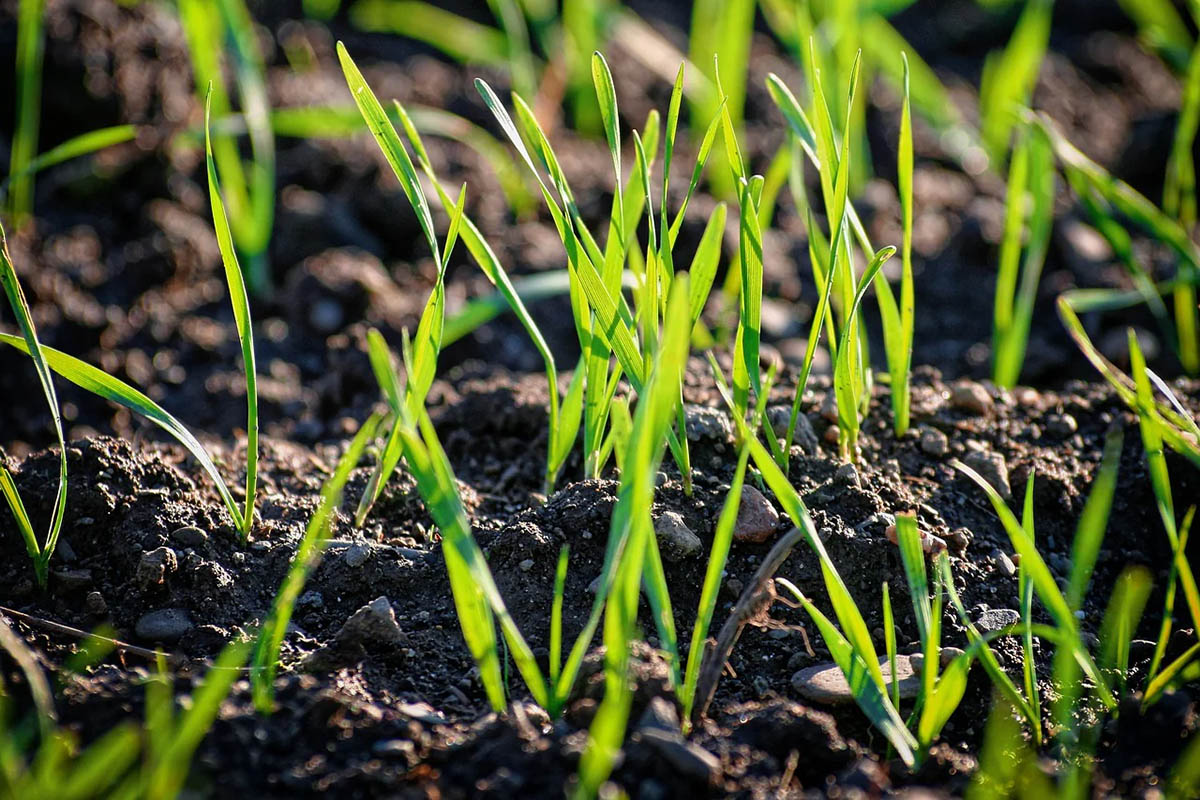
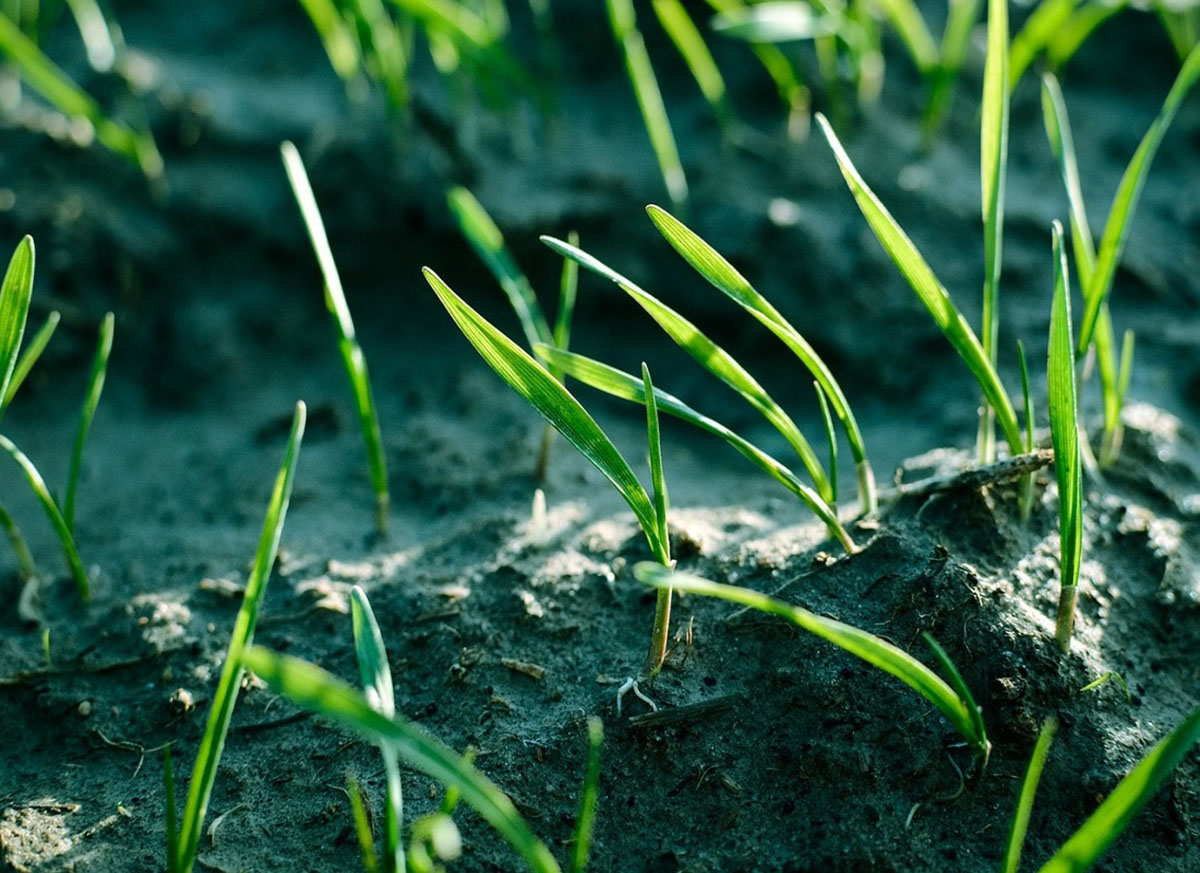
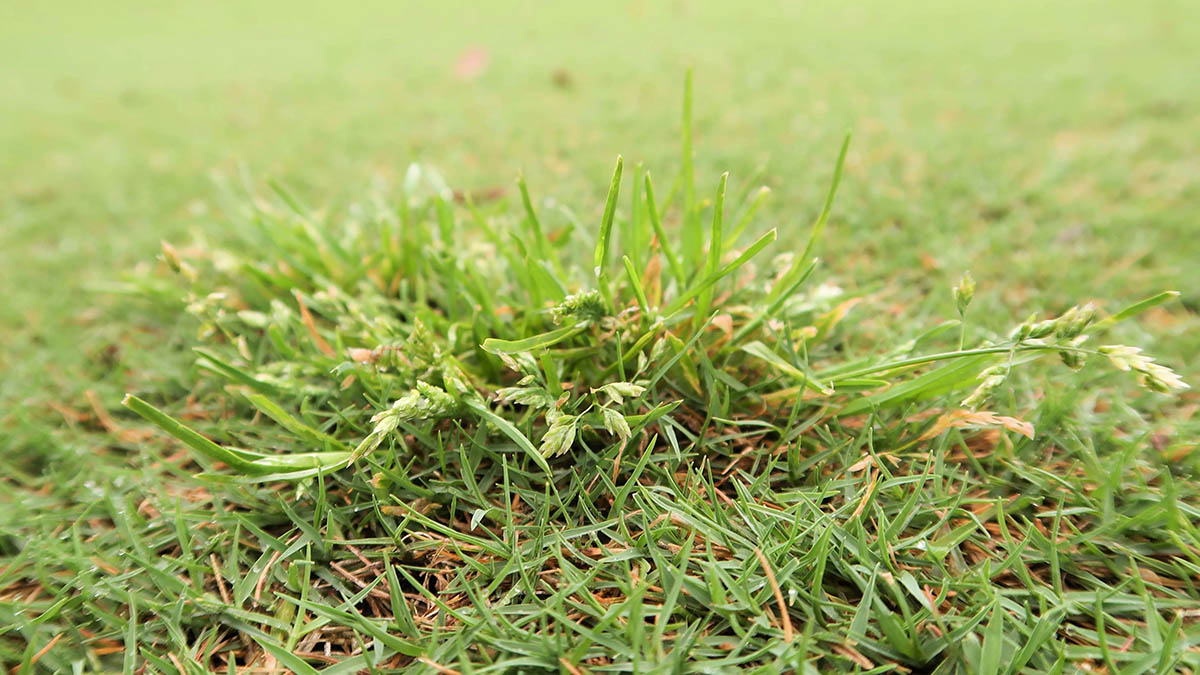
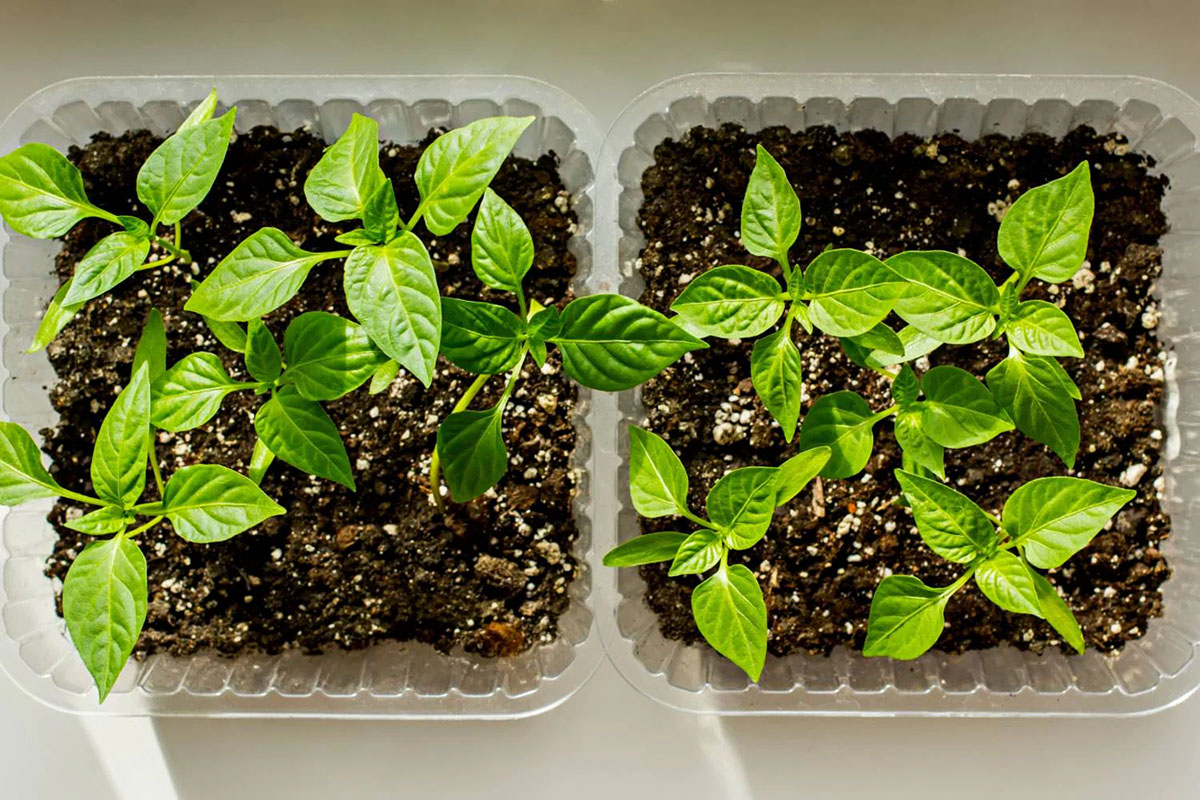
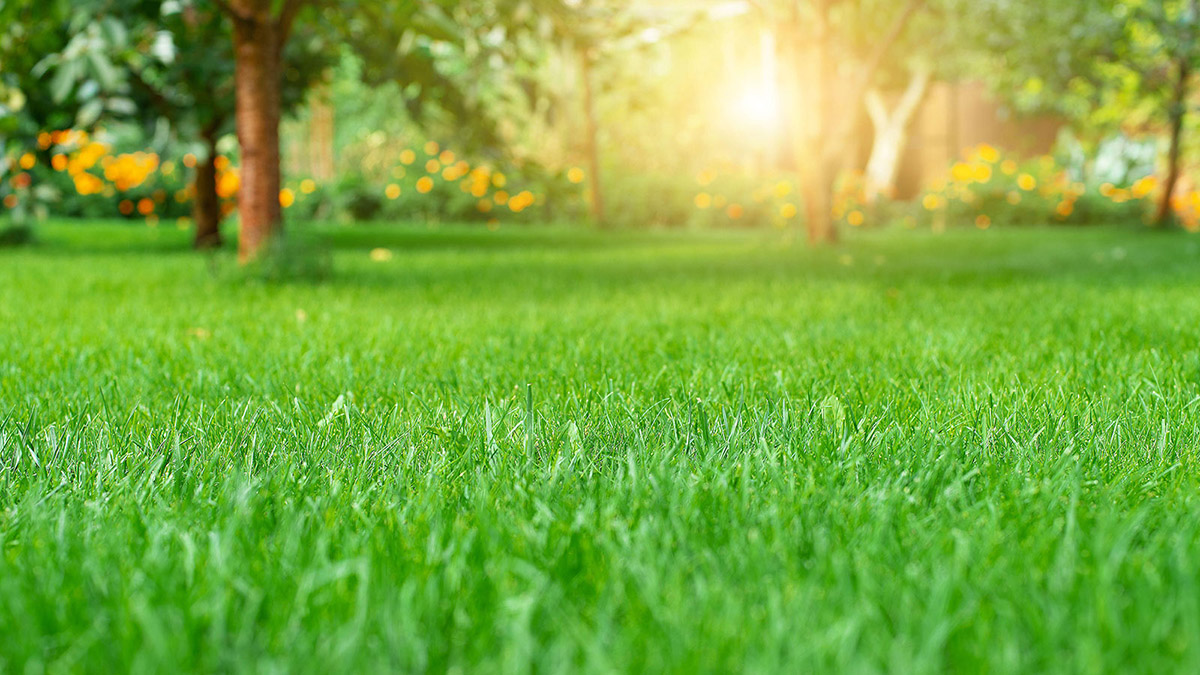
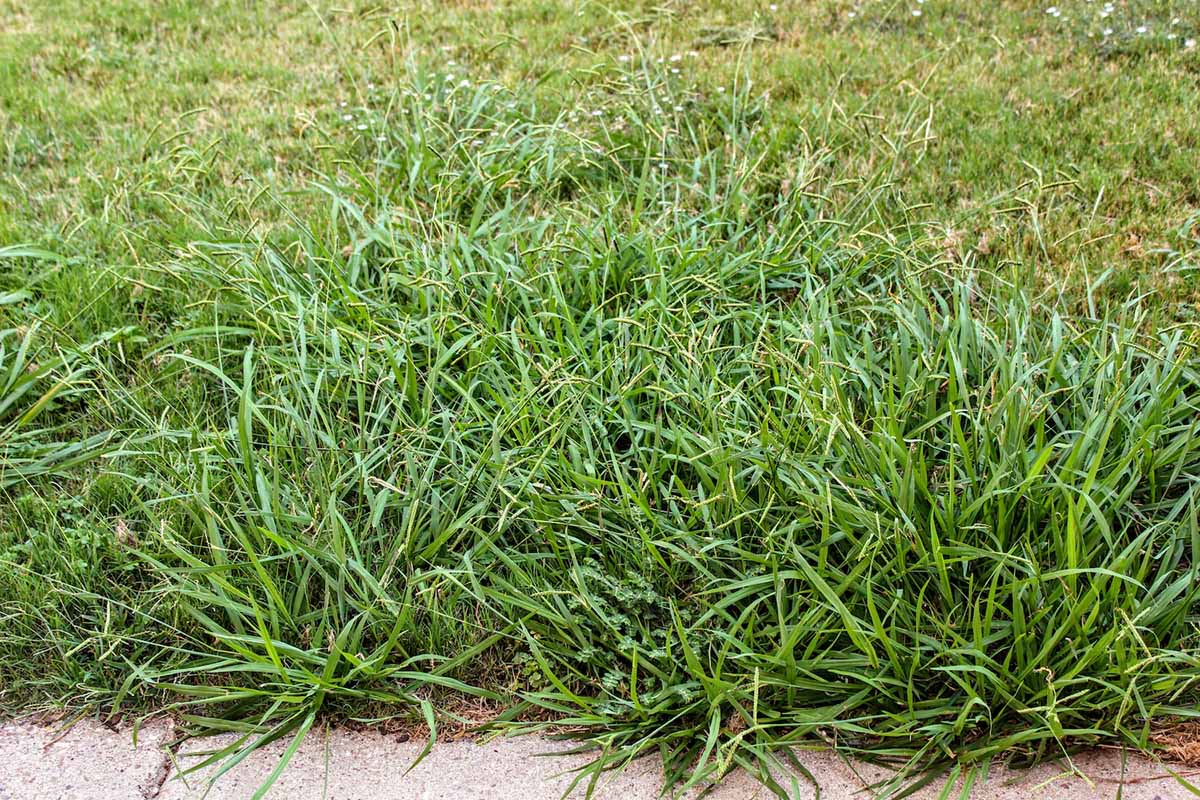

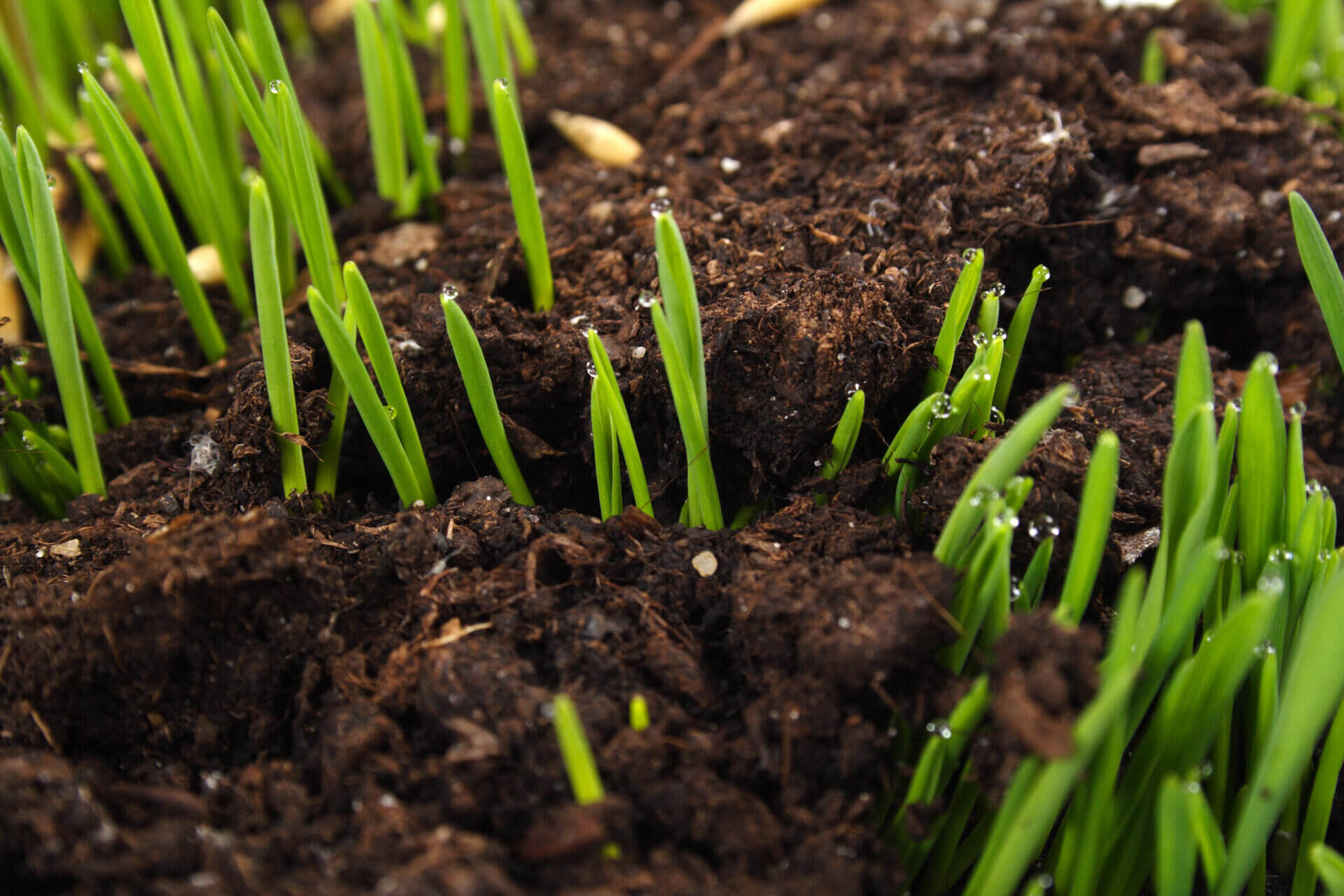
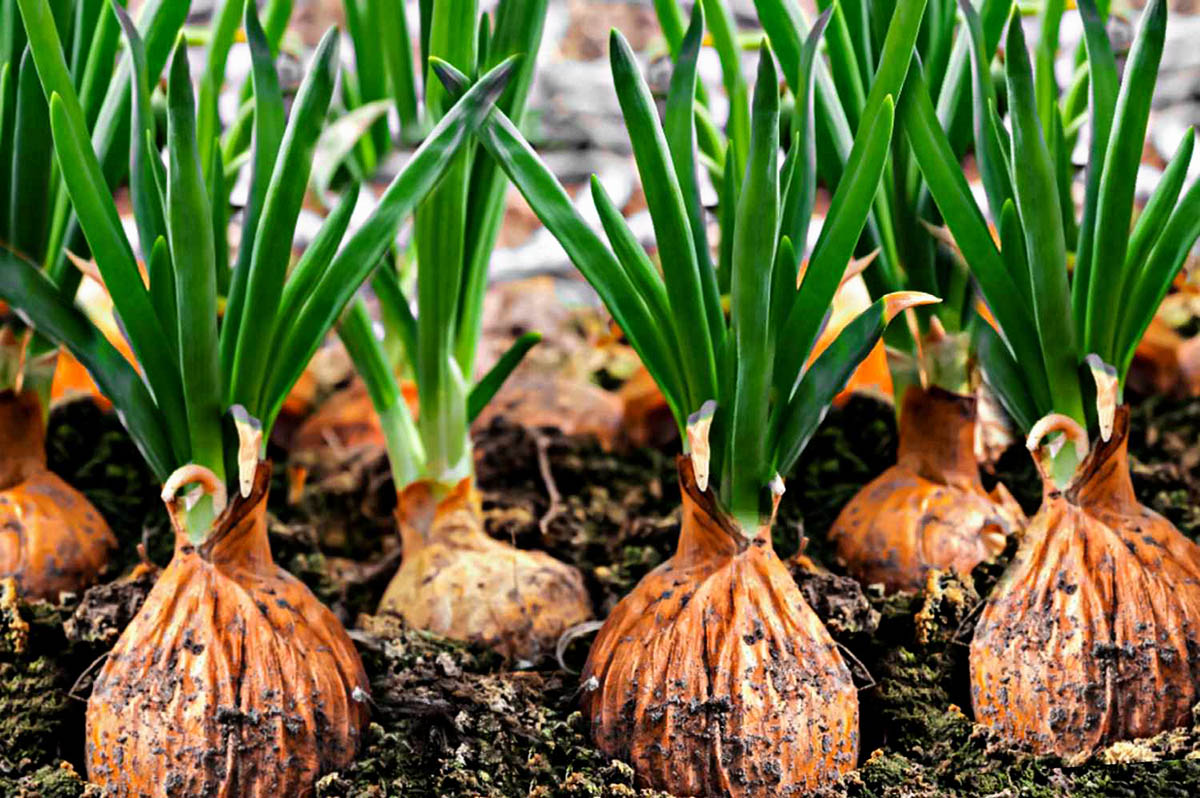
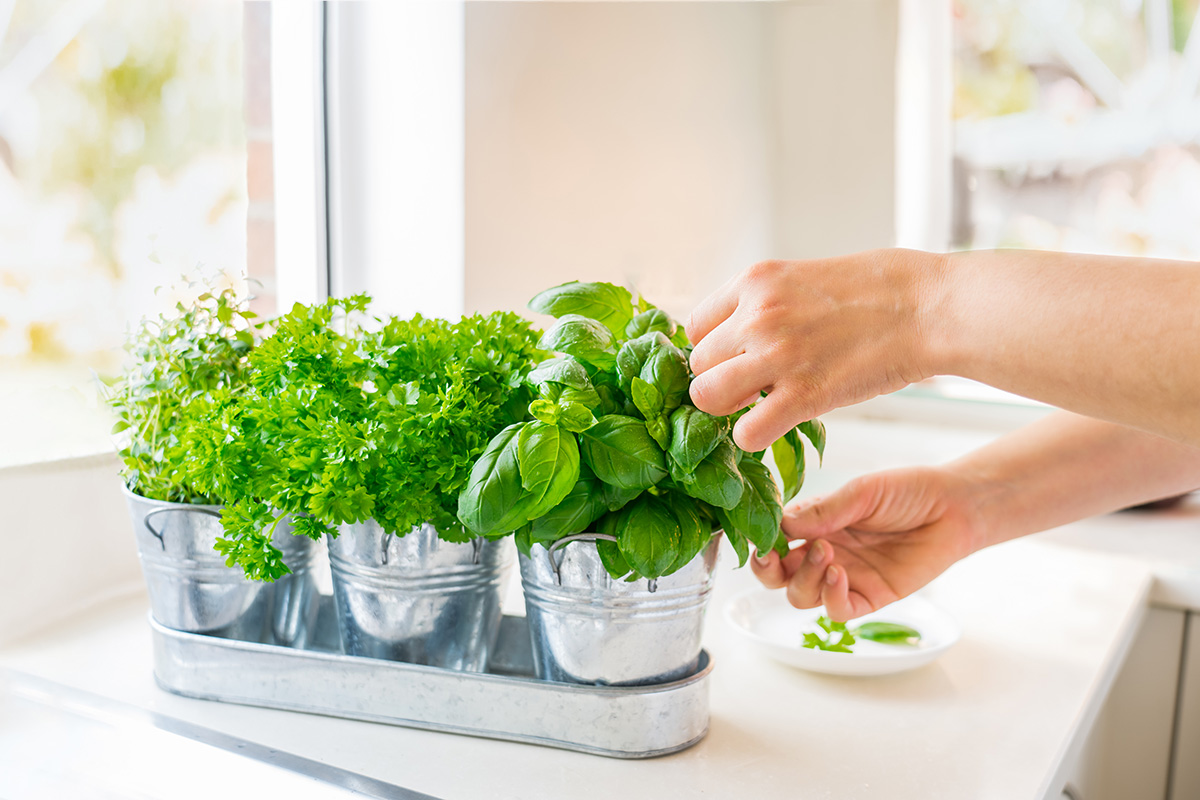
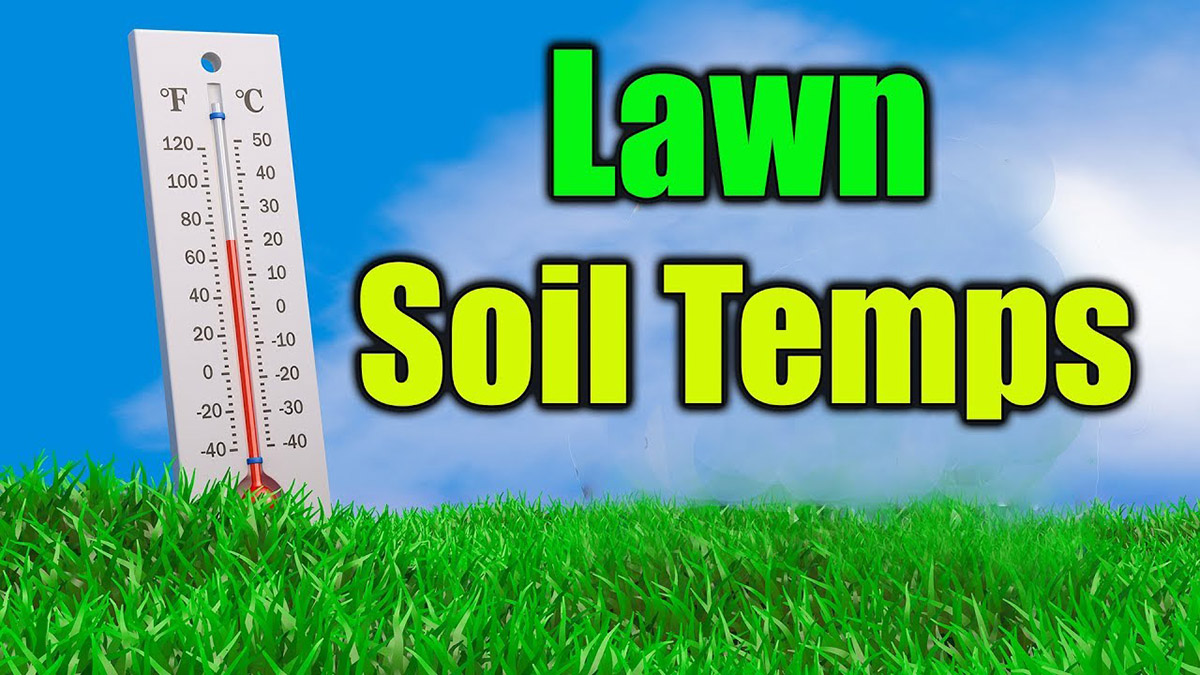
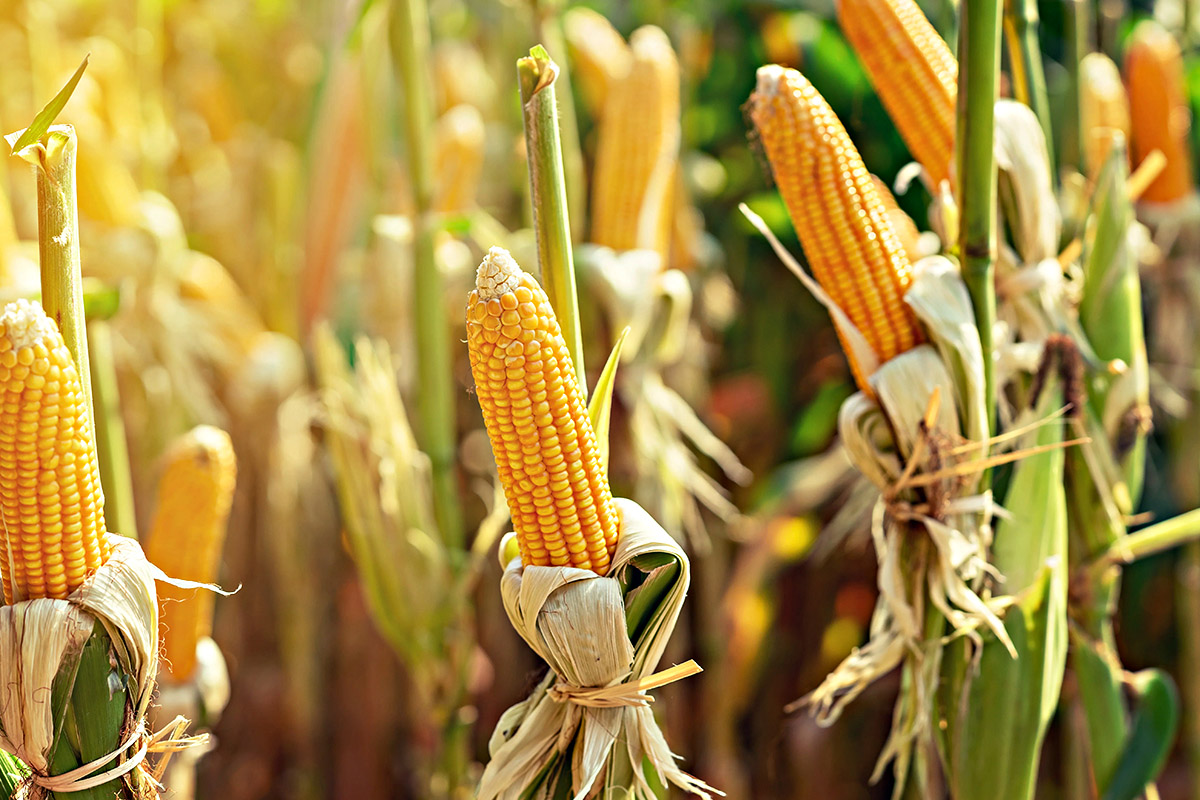

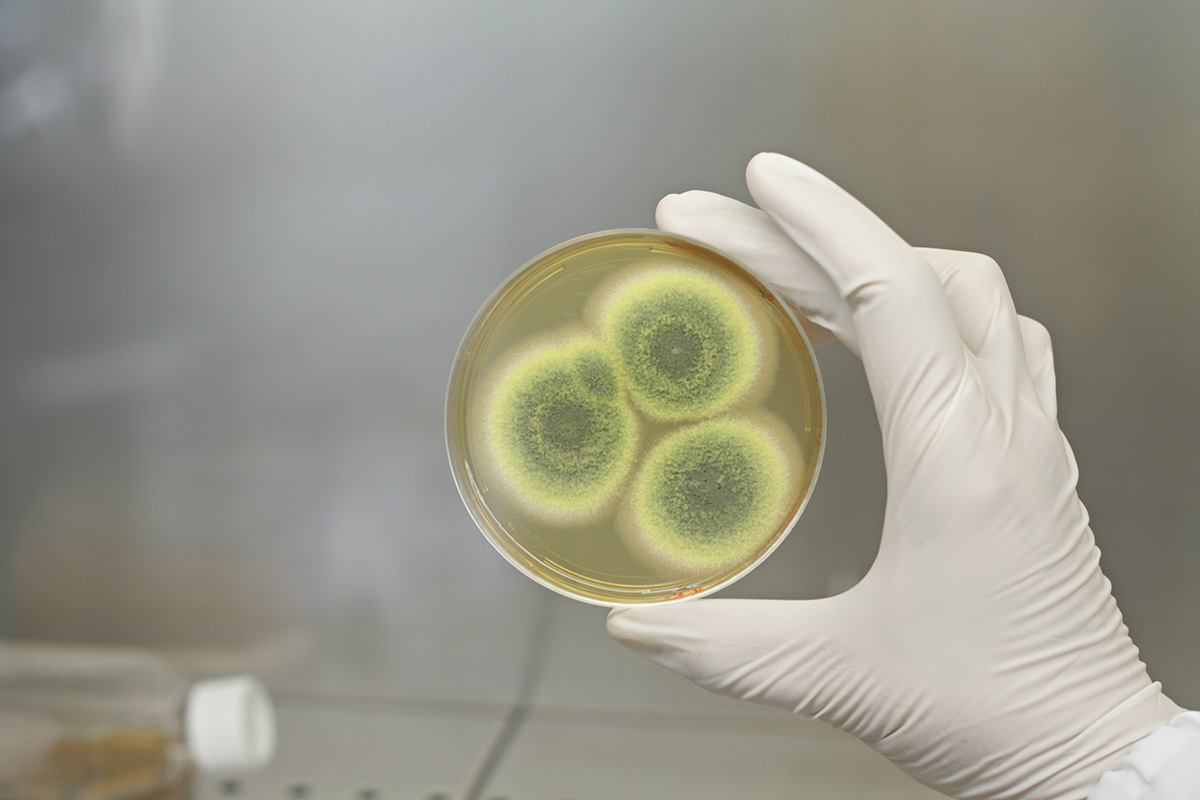

0 thoughts on “What Temperature Does Grass Seed Germinate”